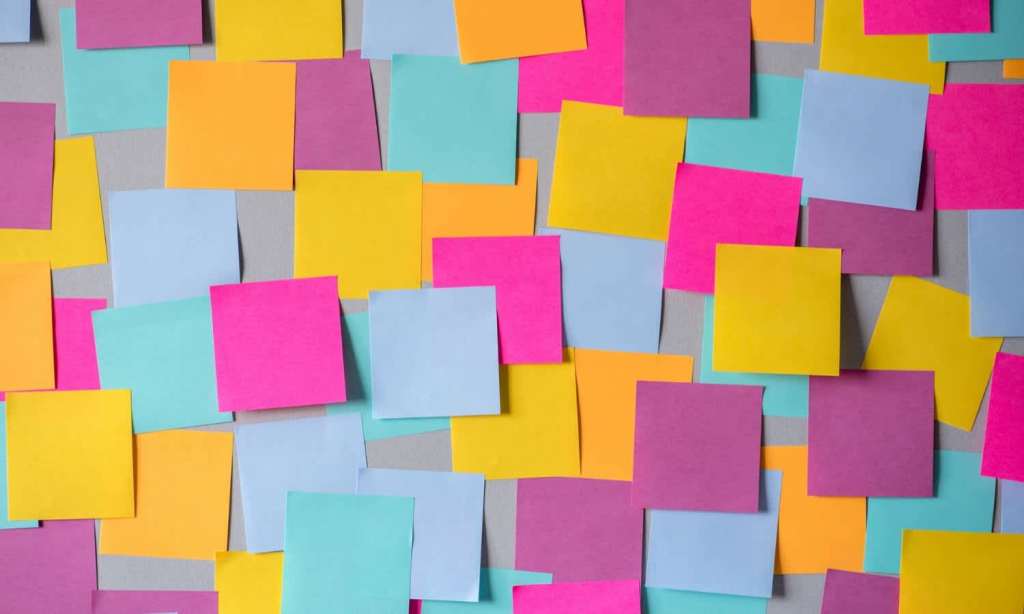Before 9am, you’ve already faced a number of decisions. What shirt should I wear? Do these shoes go with my outfit? Toast or porridge for breakfast? And these are merely the straightforward ones. In reality, you’ve probably also got a number of other decisions spinning around in your head related to work, family and life in general.
By the end of the day, your ability to make decisions can become more difficult as your mind struggles under the weight of so many choices. This is called decision fatigue.
What is decision fatigue and how do you recognise it?
The term was coined by social psychologist Roy F. Baumeister and refers to the “emotional and mental strain resulting from a burden of choices,” says Healthline. This means when you’re feeling stressed and burnt out mentally, you’re not as easily able to override your basic desires and are more inclined to take the easiest route.
According to Healthline, the four main elements of decision fatigue are procrastination, impulsivity, avoidance and indecision — feelings we’re all probably familiar with. When you feel fatigued and stressed, one or a combination of these will be easier to fall back on than actually making the decision or doing the task.
These ramifications of decision fatigue were explored in a study of the Israeli parole board in 2011, with the research finding that parole decisions were impacted by the time of day. The data showed that prisoners who appeared early in the morning received parole roughly 70% of the time, compared to those who appeared later in the day and received parole less than 10% of the time.
Using up your brainpower for decisions like what to wear and eat in the morning means you could be out of energy later in the day to make more important choices. According to The Wall Street Journal, by the time you hop into bed at night, you’ve made roughly 35,000 decisions — talk about feeling mentally depleted!
How to reduce decision fatigue
Former U.S President Barrack Obama famously wore the same style of suit every day in order to decrease the amount of choices he had to make in the morning.
“You’ll see I wear only grey or blue suits,” he told Vanity Fair in 2012 “I’m trying to pare down decisions. I don’t want to make decisions about what I’m eating or wearing, because I have too many other decisions to make.”
According to Forbes, after noticing that Steve Jobs always wore a black turtleneck with jeans, Facebook CEO Mark Zuckerberg followed suit with a similar uniform. Zuckerberg is generally spotted wearing a grey T-shirt and jeans and has spoken about this uniform in interviews.
“I really want to clear my life to make it so that I have to make as few decisions as possible about anything except how to best serve this community,” he said in a public Q&A in 2014.
“I’m in this really lucky position, where I get to wake up every day and help serve more than a billion people. And I feel like I’m not doing my job if I spend any of my energy on things that are silly or frivolous about my life.”
So, to help reduce the decision burden, it’s time to pare things back, especially with low-stakes decisions. This means creating a uniform you wear to the office — be it a suit, or pants and top formula that you can easily fall back on with little thought.
If you like changing up your outfit every day, plan what you’re going to wear the night before. This takes all of the stress out of a situation that is under a time limit.
Use this same philosophy for food. Create a few different brekkie and lunches that you can make or prepare with little mental exertion. Taking the bulk of decision making out of these smaller things will help save up your stamina for the more serious and important decisions.
Keeping a routine will also help lessen the number of decisions needed to be made on a day-to-day basis. Go to bed at the same time every day, exercise at the same time and go grocery shopping on the same day every week. This way, these are no longer decisions but habits.
Fueling your body correctly is also important, with studies showing that eating a glucose-rich snack can improve your self-control, while also keeping your blood sugar from dipping too low. Healthline recommends snacking on yoghurt with berries, almonds, hummus with veggies or sliced apples with peanut butter to keep your blood sugar stable.
According to Baumeister, his studies show that those you structure their lives to converse energy are able to practice better self-control.
“Even the wisest people won’t make good choices when they’re not rested and their glucose is low,” Baumeister told The New York Times.
But ultimately, it’s more about knowing when you’re not up to making the decision.
“The best decision-makers are the ones who know when not to trust themselves,” he said.







